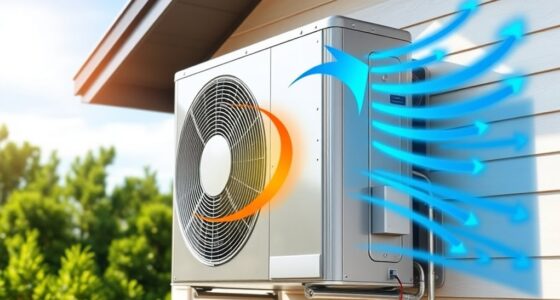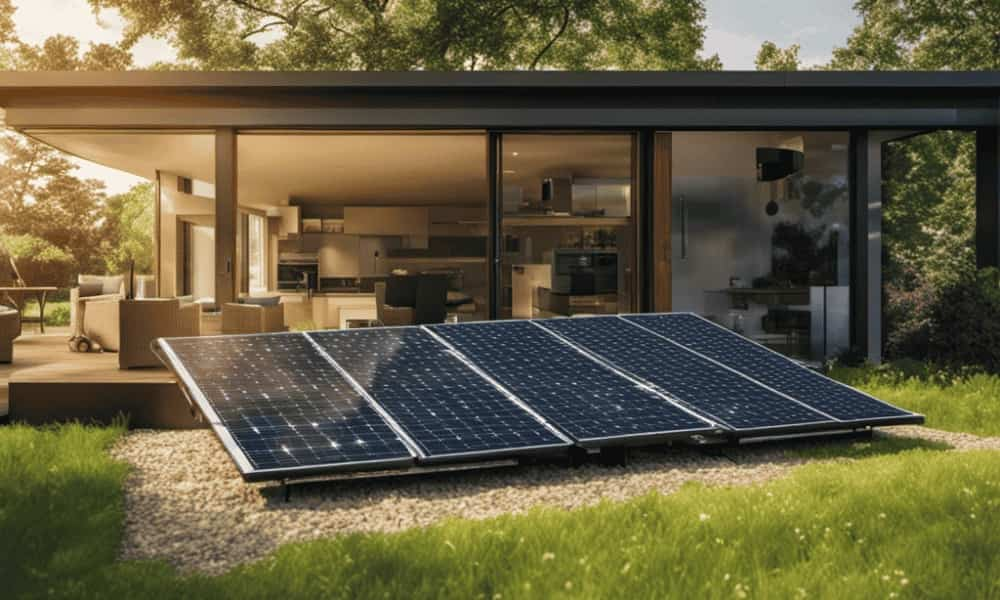Ever curious about the impact of thermal energy transfer on the longevity of your heat pump? We have the insights you’re looking for.
In this article, we will explore the intricate relationship between thermal energy transfer and the longevity of heat pumps. From understanding the basics of heat transfer to identifying common issues and challenges, we’ll equip you with the knowledge and strategies to extend the lifespan of your heat pump and ensure it serves you for years to come.
Key Takeaways
- The three mechanisms of thermal energy transfer (conduction, convection, and radiation) are crucial to understand for designing efficient heat pump systems.
- Factors such as proper insulation, correct refrigerant charge, adequate airflow, and well-designed ductwork play a significant role in optimizing thermal energy transfer in heat pumps.
- Regular maintenance, including cleaning or replacing air filters, checking refrigerant levels, and inspecting electrical connections, is important to maximize the lifespan of a heat pump.
- Strategies such as proper insulation, clean air filters, choosing renewable energy sources, and consulting a technician for maintenance and installation can help extend the lifespan of a heat pump.
The Basics of Thermal Energy Transfer
Now that we understand the importance of thermal energy transfer, let’s delve into the basics of how it works. In the realm of thermodynamics principles, heat transfer mechanisms play a critical role in various systems.
The transfer of thermal energy occurs through three main mechanisms: conduction, convection, and radiation.
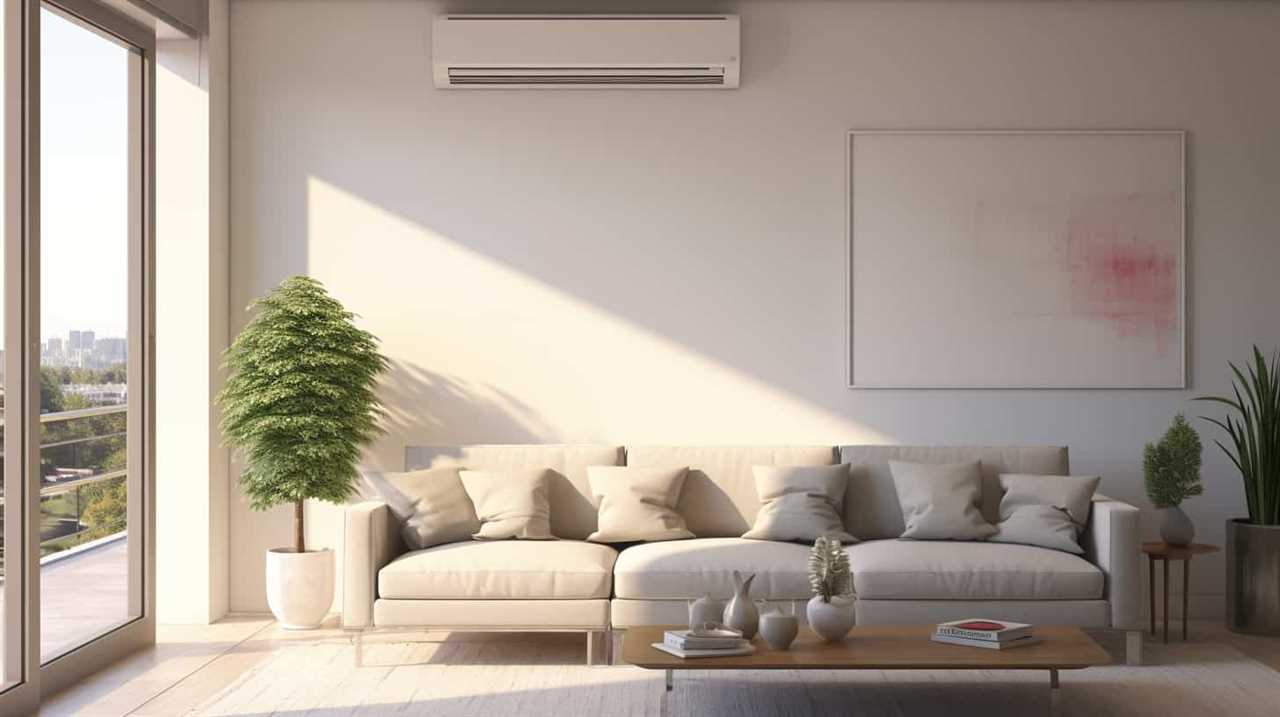
Conduction is the process by which heat is transferred through direct contact between two objects or substances. The rate of conduction is determined by factors such as the temperature difference and thermal conductivity of the materials involved.
Convection, on the other hand, involves the transfer of heat through the movement of fluids, such as air or water. This mechanism relies on the circulation of the fluid to carry thermal energy from one place to another.
Lastly, radiation is the transfer of heat through electromagnetic waves. This type of heat transfer can occur in a vacuum and doesn’t require a medium.
Understanding these heat transfer mechanisms is crucial in designing efficient systems that rely on thermal energy transfer. By harnessing the principles of thermodynamics, we can optimize heat transfer processes and improve the overall performance of various devices and systems.

Understanding the Importance of Heat Pump Lifespan
One of the key factors to consider when evaluating the lifespan of heat pumps is their overall efficiency and performance. Heat pumps are designed to provide reliable heating and cooling for residential and commercial spaces. However, their lifespan can be significantly influenced by the level of maintenance they receive.
Regular maintenance, such as cleaning the filters, checking refrigerant levels, and inspecting electrical connections, is crucial for ensuring optimal performance and extending the lifespan of heat pumps. Neglecting maintenance can lead to decreased efficiency, increased energy consumption, and premature system failure.
Additionally, advancements in technology play a vital role in heat pump longevity. Newer models incorporate features such as variable speed motors, smart thermostats, and improved control systems, which enhance overall performance and efficiency, ultimately extending the lifespan of the heat pump.
Factors Affecting Thermal Energy Transfer in Heat Pumps
To ensure efficient thermal energy transfer in heat pumps, it’s important to consider factors such as proper insulation and regular maintenance. These factors play a crucial role in maximizing heat pump efficiency and minimizing thermal energy loss.

Here are some key factors that affect thermal energy transfer in heat pumps:
-
Insulation: Proper insulation helps to prevent heat loss during the transfer process, ensuring that the thermal energy remains within the system.
-
Refrigerant charge: The correct amount of refrigerant is essential for optimal heat transfer. An undercharged or overcharged system can lead to reduced efficiency and increased energy consumption.
-
Airflow: Proper airflow is necessary for efficient heat transfer. Regularly cleaning and maintaining the air filters and the outdoor unit’s coil helps to ensure unrestricted airflow.
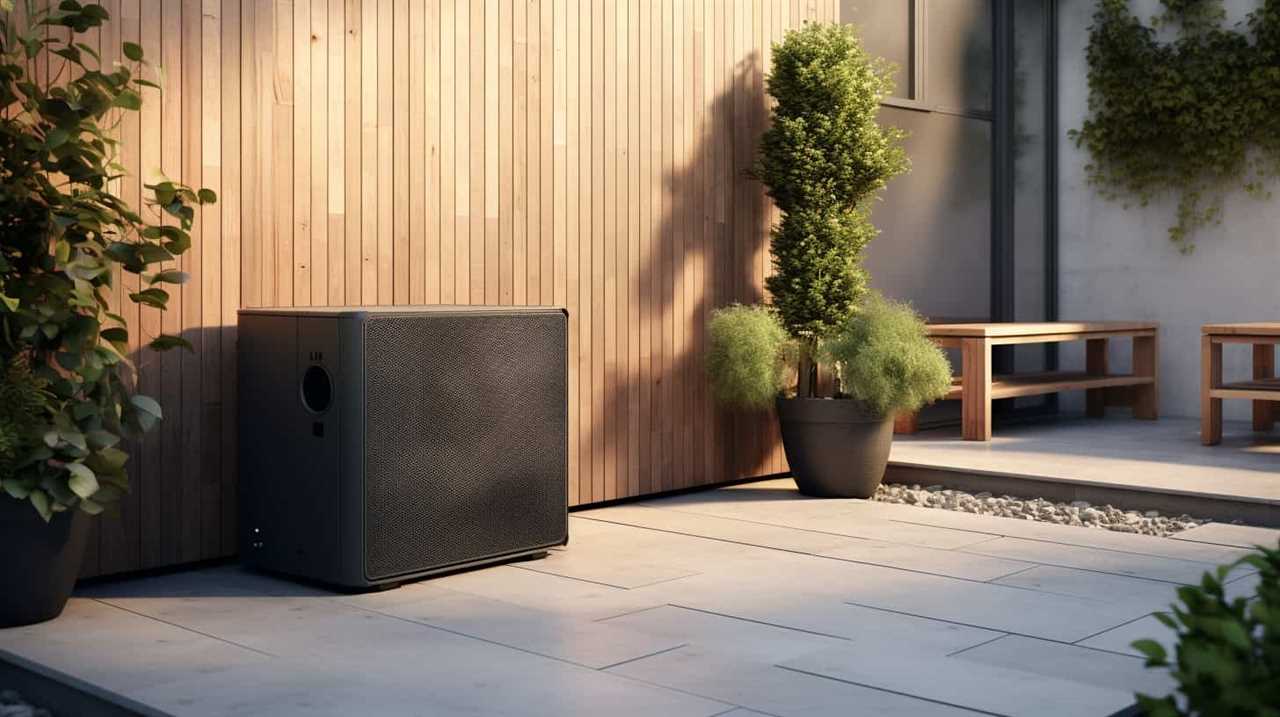
-
Ductwork: Well-designed and properly insulated ductwork minimizes thermal energy loss during distribution.
Considering these factors and taking appropriate measures can significantly improve heat pump efficiency and extend its lifespan, ultimately saving energy and reducing costs.
Common Issues and Challenges in Heat Pump Lifespan
We frequently encounter common issues and challenges that can impact the lifespan of heat pumps. Improper maintenance is one such issue that can significantly shorten the lifespan of a heat pump. Regular maintenance, including cleaning the filters, checking the refrigerant levels, and inspecting the electrical connections, is crucial for optimal performance and longevity. Neglecting these maintenance tasks can lead to reduced efficiency, increased energy consumption, and ultimately, premature failure of the heat pump.
Another challenge that heat pumps face is their environmental impact. While heat pumps are generally considered more environmentally friendly than traditional heating and cooling systems, they still rely on electricity to operate. This means that the source of the electricity used to power the heat pump can have a significant impact on its overall environmental footprint. Choosing renewable energy sources, such as solar or wind power, can help mitigate the environmental impact of heat pump operation.
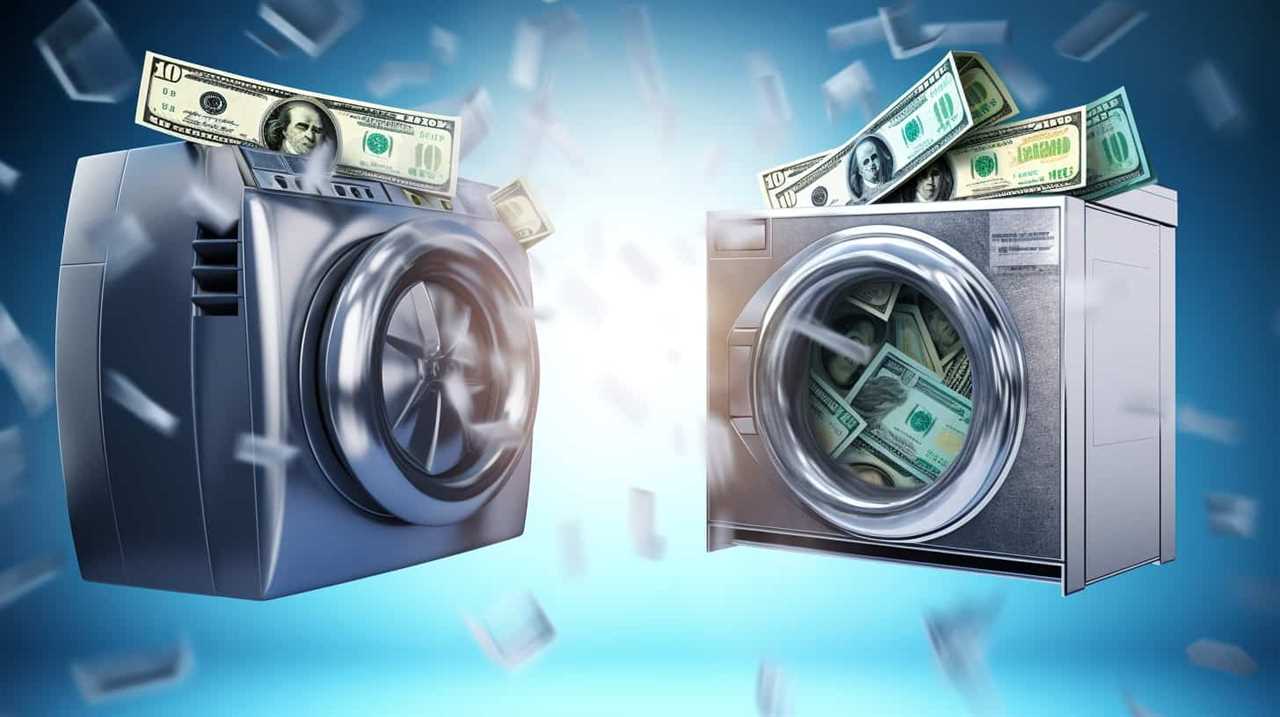
To illustrate the common issues and challenges in heat pump lifespan, we have provided a table below:
| Common Issues | Impact on Lifespan |
|---|---|
| Improper maintenance | Shortens lifespan |
| Environmental impact | Depends on energy source |
Strategies to Extend the Lifespan of Your Heat Pump
To maximize the lifespan of your heat pump, regularly maintain and clean the filters, check refrigerant levels, and inspect electrical connections. These maintenance tips are crucial for ensuring energy efficient operation and preventing costly repairs.
Here are strategies to extend the lifespan of your heat pump:
-
Regularly clean or replace air filters to maintain proper airflow and prevent dust and debris buildup.
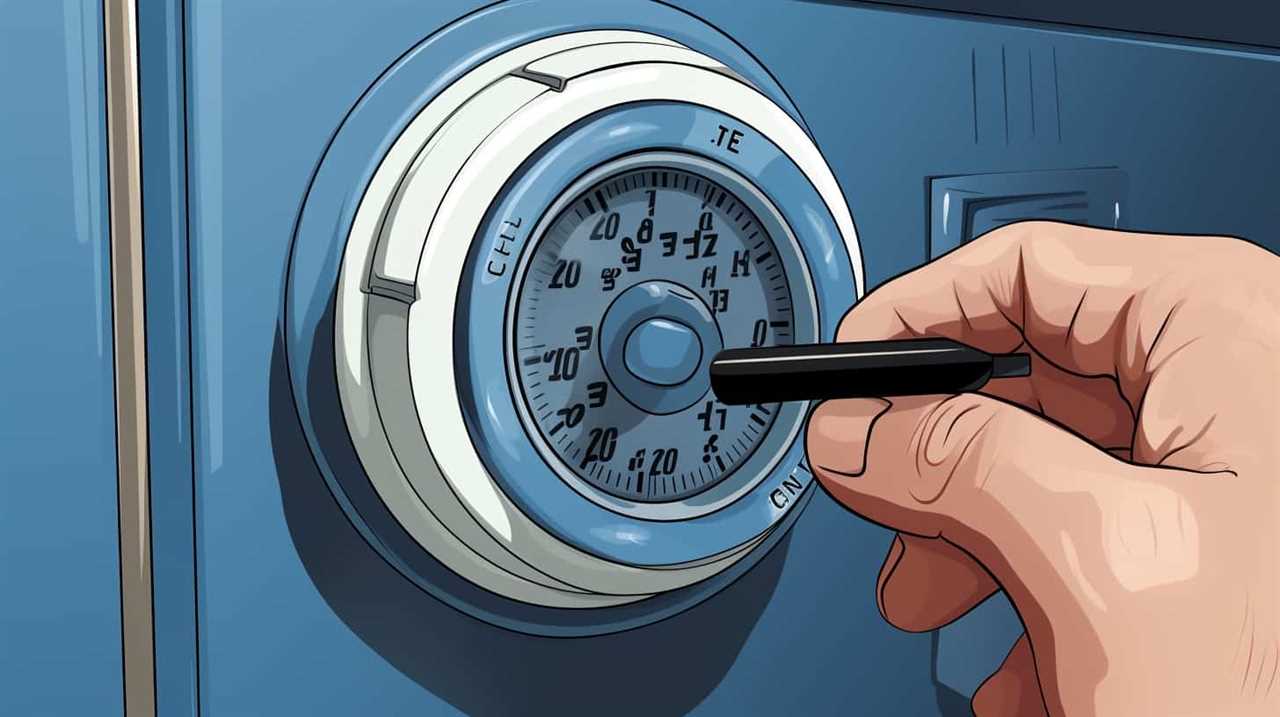
-
Schedule annual professional maintenance visits to check refrigerant levels, clean coils, and ensure optimal performance.
-
Inspect electrical connections and tighten any loose connections to prevent overheating or electrical issues.
-
Keep the outdoor unit clear of debris, vegetation, and obstructions to promote proper airflow and prevent strain on the system.
Frequently Asked Questions
What Are the Different Types of Heat Pumps Available in the Market?
There are two main types of heat pumps available in the market: geothermal heat pumps and air source heat pumps. Geothermal heat pumps utilize the earth’s heat to transfer thermal energy, while air source heat pumps utilize the outdoor air.
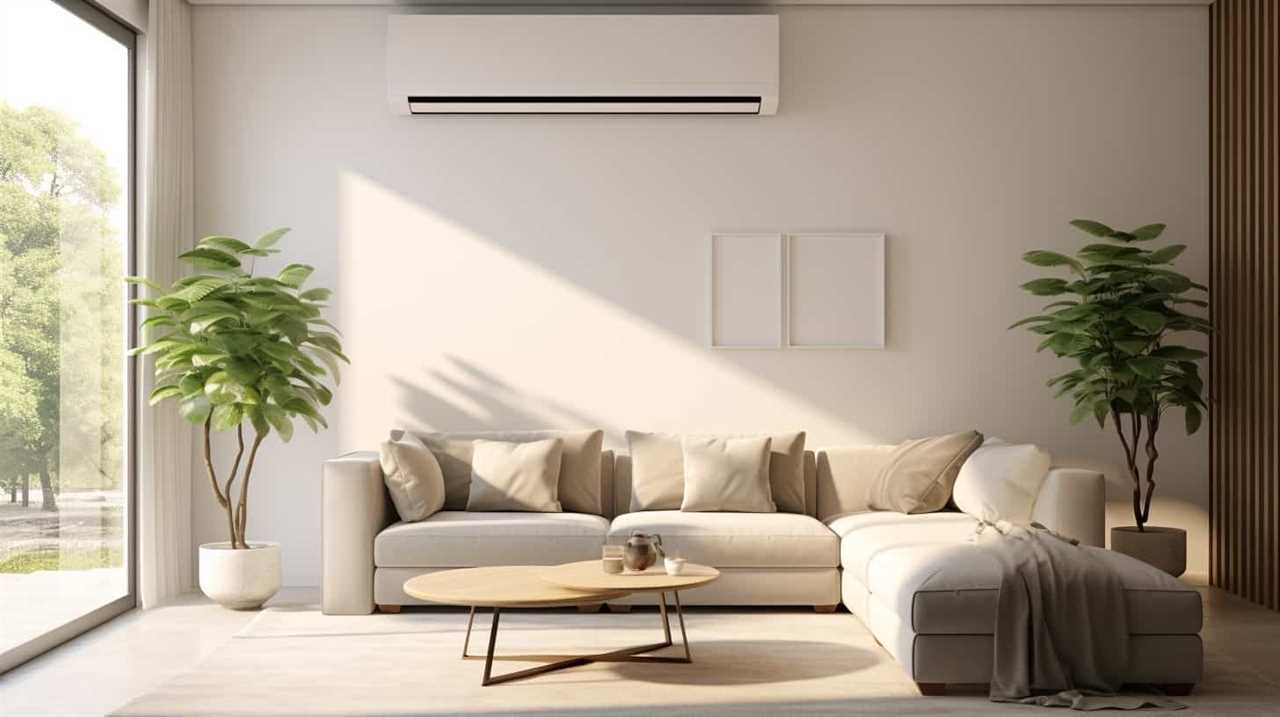
How Often Should I Schedule Maintenance for My Heat Pump?
We recommend scheduling regular maintenance for your heat pump to ensure its longevity and optimal performance. Regular maintenance helps identify and address any issues early on, maximizing the heat pump’s lifespan and efficiency.
Can a Heat Pump Be Used for Both Heating and Cooling Purposes?
Yes, a heat pump can be used for both heating and cooling purposes. This is beneficial as it increases heat pump efficiency and provides year-round comfort. It’s like having a versatile appliance that keeps us comfortable in any season.
What Are the Signs That Indicate My Heat Pump Might Be Nearing the End of Its Lifespan?
Common signs of heat pump deterioration include reduced heating and cooling efficiency, frequent breakdowns, and unusual noises. To extend the lifespan of your heat pump, regular maintenance, proper insulation, and avoiding excessive strain are crucial.
Are There Any Government Incentives Available for Upgrading to a More Energy-Efficient Heat Pump?
Yes, there are government incentives available for upgrading to more energy-efficient heat pumps. These incentives aim to promote the use of energy-efficient technology and reduce carbon emissions, providing financial support to those who make the switch.
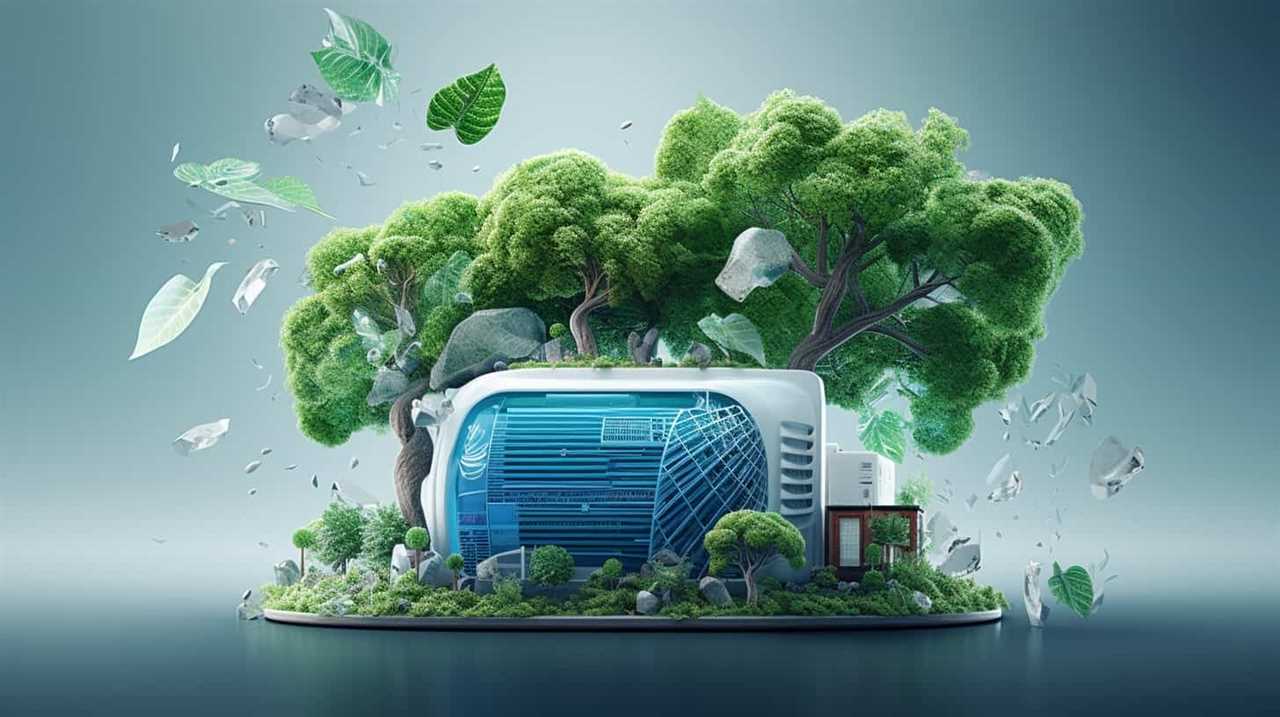
Conclusion
In conclusion, it’s crucial to understand the impact of thermal energy transfer on the lifespan of heat pumps.
By comprehending the basics of this process and recognizing the factors that affect it, we can take proactive measures to extend the longevity of our heat pumps.
Addressing common issues and challenges, while implementing strategies to optimize performance, will ensure a prolonged and efficient operation of these valuable systems.
Remember, a stitch in time saves nine, so prioritize maintenance and care to maximize your heat pump’s lifespan.




